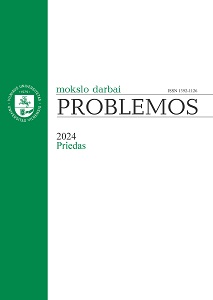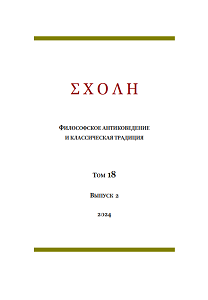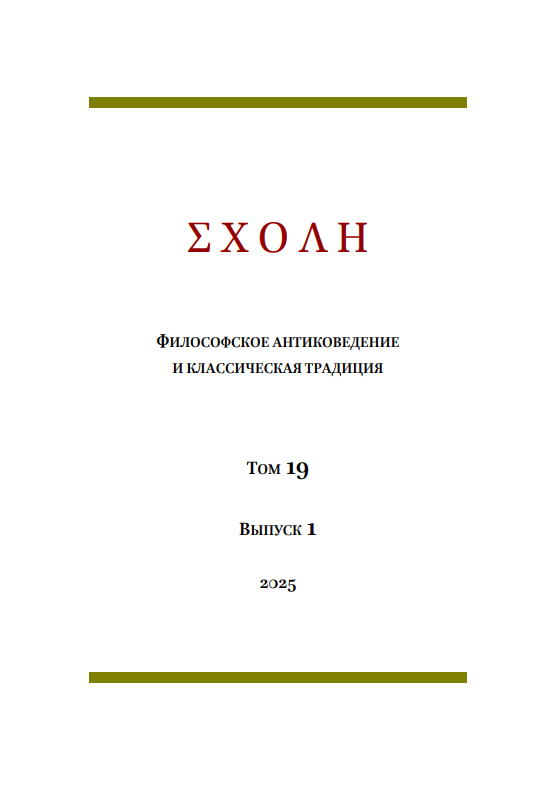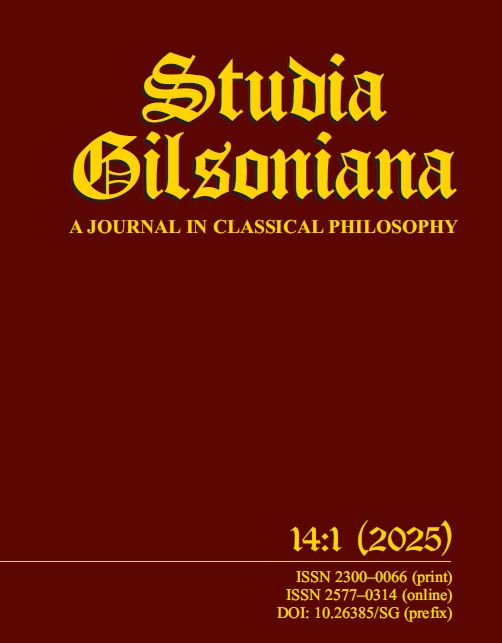
Even in Logic, Laws may Admit of Exceptions - A Survey of some Important Medieval Insights
In this paper it is shown that many medieval logicians recognized that certain ‘laws’ hold only under certain restrictions. In particular, the basic principles of so-called connexive logic – as they had been put forward by Aristotle, Boethius, and Abelard – hold only for possible, or self-consistent, antecedents, or for non-necessary, or contingent, consequents. A similar restriction applies to the ‘law’ – possibly put forward by Chrysippus – that each proposition is compatible with itself.
More...


